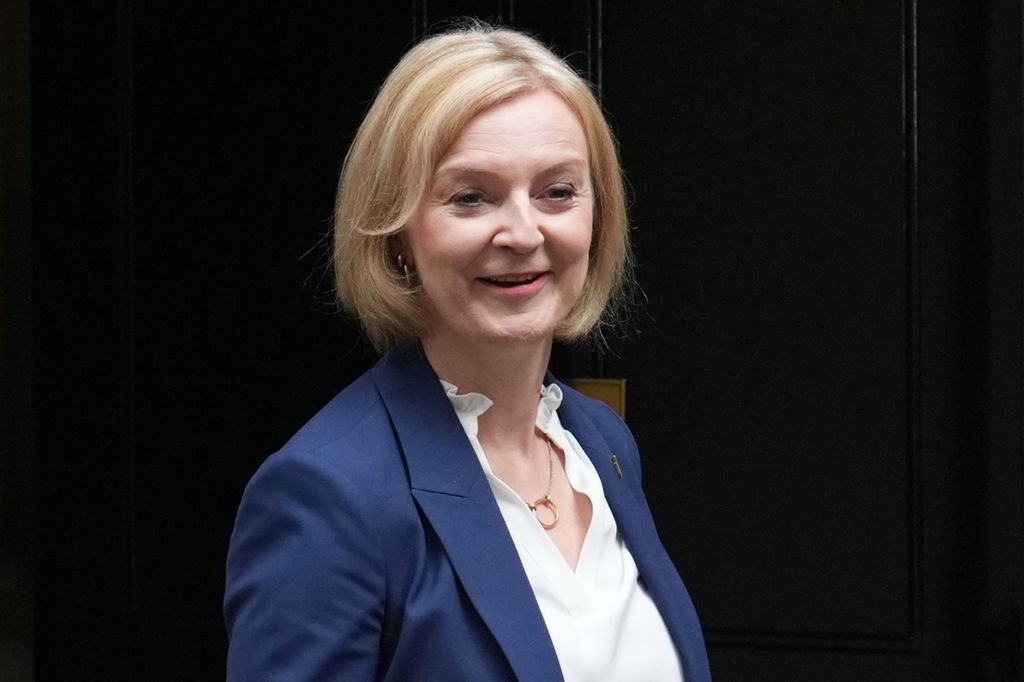UPDATED: Prime Minister Liz Truss plans to liberalise visa rules surrounding foreign workers to ease the strain on Britain’s labour shortages.
Measures under discussion include making it easier to allow companies to bring in staff from overseas offices on short-term placements, loosening restrictions on workers in certain industries, such as agriculture, and encouraging students from top international universities to work in the UK.
Intra-company transfers
According to the Financial Times, Ms Truss is keen to streamline “intra-company transfers”, enabling multinationals to move skilled workers to the UK on a short-term basis. At present, companies have to pay a £1,000 “immigration skills charge” per year to do so.
Shortage occupation list
Meanwhile, the Prime Minister also wants to update the government’s “shortage occupation list” that allows certain industries to bring in staff from overseas, reports The Financial Times.
She is expected to make changes to the shortage occupation list which will allow certain industries to bring in more staff from overseas, such as broadband engineers, with the possibility of easing English-speaking requirements in certain sectors.
Easing of visa restrictions would see the waiving of employers’ usual duty to prove that there is no suitable local worker for the role. In the longer term, migrants won’t have to meet the £35,800 salary threshold to settle in the UK after five years.
Truss will also lift the cap on international labourers working in British seasonal agriculture. The scheme, which was set to plug gaps in the agricultural workforce, has enabled 38,000 visas to be issued to farm workers.
Business leaders have praised the move, which will help ease labour pressures exacerbated by Covid-19 and Brexit.
A survey carried out this summer by the British Chambers of Commerce found that 60 per cent of the 5,700 businesses needed to find more staff in the UK, but more than three-quarters of respondents were struggling to hire. In the construction industry, 83 per cent of companies were reporting hiring difficulties.
Ministers have also discussed proposals for a new visa that would allow workers from the top 50 or 100 universities in the world to move to the UK.
An official from Downing Street said the adjustments wouldn’t necessarily lead to an increase in net migration. “We need to put official measures in place so that we have the right skills that the economy, including the rural economy, needs to stimulate growth,” the official said. “That will involve increasing numbers in some areas and decreasing in others.”





